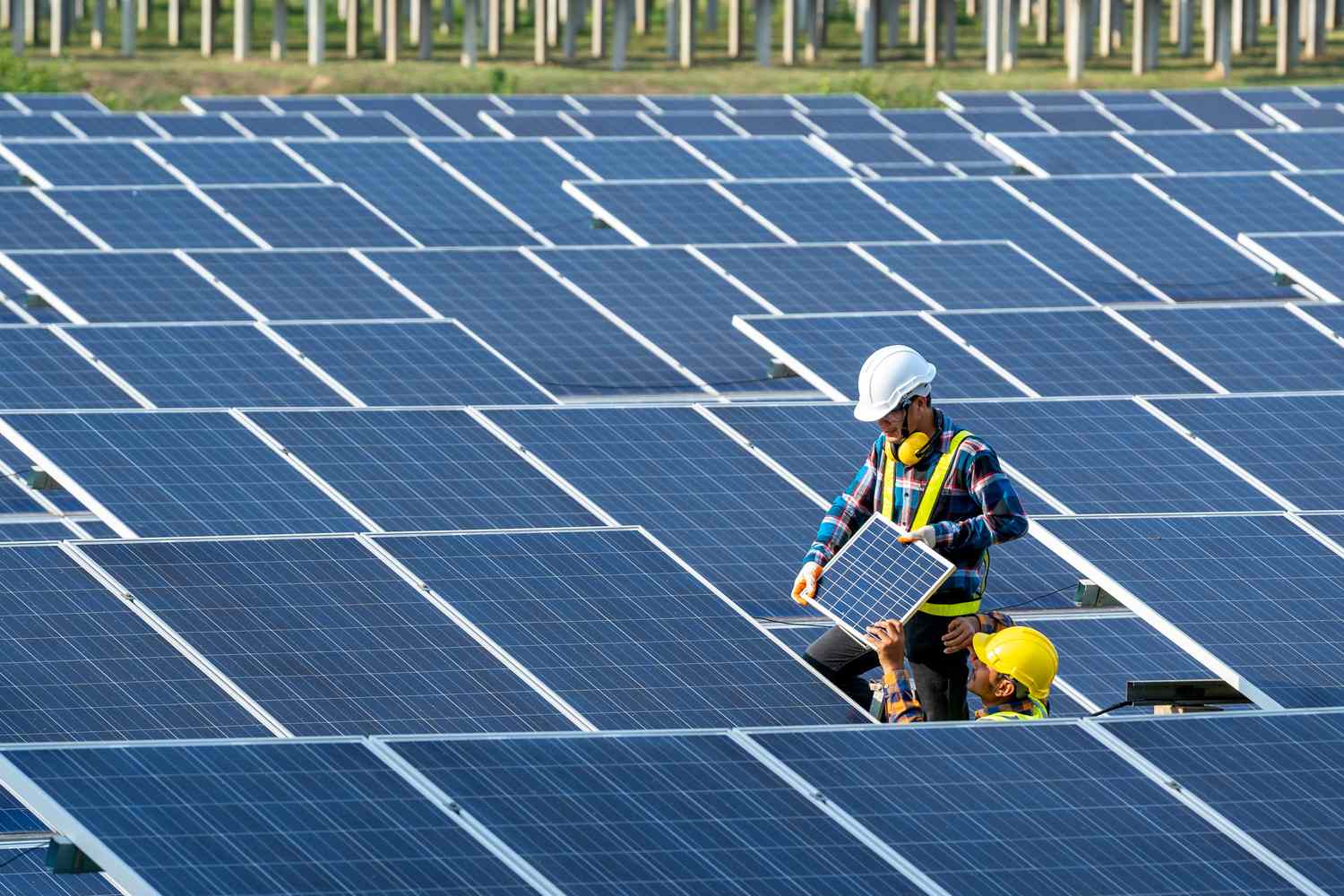When should Pakistan have started worrying about its air pollution?
Was it in 2022 when Lahore’s Air Quality Index hit a lethal number of 430? Was it in 2021 when think tanks estimated that 128,000 Pakistanis die annually due to air pollution? Or was it last decade when we hit our 40 millionth case of acute respiratory infection directly linked to indoor pollutants? It is hard to answer what Pakistan should have done; how could we have known? But it is clear now (unlike our air quality) what Pakistan must do. We must take action against the causes of air pollution and direct climate finance toward public transport projects.
The Problem: Private Vehicle Emissions
Transport is one of the largest contributors to Pakistan’s air pollution, accounting for 28 percent of carbon emissions in 2021. This problem is compounded by a sharp increase in transport vehicles. To accommodate the growing need for travel, the government facilitates credit lines for private car purchases. Private banks do the same, by offering loans for personal vehicles. As a consequence, the number of motorcycles and scooters has seen a staggering rise of 928 percent over the past two decades, with light commercial vehicles (LCV) following closely behind at 725 percent. Not only did private road and freight vehicles make up 95 percent of transport emissions in 2012; but the emissions from this category is estimated to rise by 119 percent over the next decade (unless action is taken).
The Solution: Public Transport
A developed society is not one where the poor have cars, but one where the rich use public transport. On average, a single car generates 180 grams of CO2 per kilometer. In contrast, the average passenger vehicle (bus) with dozens of users discharges 650 grams of CO2 per kilometer. Hence, each bus that replaces private transport could result in a reduction of 6.5 kilograms of CO2 per kilometer. Buses also take up less space per user, which reduces traffic congestion. Public transport is a crucial element in mitigating climate change.
Project Underway: Green BRT
While public transport was not prioritized by Pakistan, the tide seems to be turning in the past decade. The Green Bus Rapid Transit (BRT) in Karachi is a groundbreaking project approved by the Green Climate Fund in 2018, that aims to provide a modern, efficient, and zero-emissions public transportation system. The project, worth a total of USD 583.5 million, has been funded primarily through loans; USD 442 million from international financial institutions like ADB and USD 11.8 million borrowed from the Green Climate Fund. This financing model poses problems in the coming years. Public transport projects rarely become profitable. It is lucky if they remain sustainable without subsidies. Given this, how does the government intend to repay these loans? Offsetting this burden at a compounded value to the future generations hardly seems like a good idea.
Read More: How the Green Climate Fund Gives Hope for Pakistan
Public Transport Works Around The World!
Despite climate finance concerns, public transports have shown great results around the world, not only in improving human capital, but also in decreasing air pollution. Cases in point:
- Dhaka’s metro rail system financed $757 million from the Japan International Cooperation Agency. It is expected to transport around 1.3 million passengers daily, not only lowering traffic congestion by private vehicles but also reducing carbon emissions by 500,000 tons annually.
- Lagos’ Bus Rapid Transit (BRT) system was constructed with a $50 million loan from the World Bank and $100 million in climate finance from France. The BRT system has reduced greenhouse gas emissions by 20%, improved air quality around transportation zones and decreased consumer travel time by 40%.
A developed society is not one where the poor have cars, but one where the rich use public transport.
– Gustavo Petro
Accelerated climate finance is essential in constructing public transport systems in Pakistan and fighting air pollution for our citizens. Examples from low-income countries around the world show the positive impacts that such systems have on air quality and economy. Karachi’s Green Bus Rapid Transit System is a promising initiative that can improve the quality of life for millions. In addition, the government needs to subsidize the production of electric motorbikes. These can replace the expansive fleet of scooters populating Pakistan’s roads.



Leave a Reply